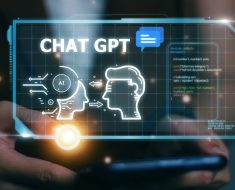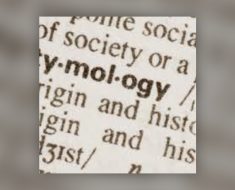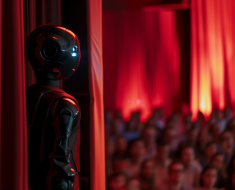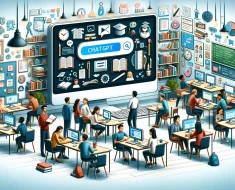OpenAI’s new ChatGPT search engine might be David taking on Google Search Goliath. But it already has a major leg up on its competitor: no ads.
An OpenAI spokesperson told Mashable, “We don’t have any plans for ads” with ChatGPT Search. The statement follows Thursday’s launch of the much anticipated web-browsing capability. ChatGPT Search works off of OpenAI’s GPT-4o model and uses third-party search and content from its media partners to surface real-time information.
Before the rise of ChatGPT, taking on Google Search, which has an estimated market share of 95 percent, would have been downright reckless. But since the chatbot’s launch, many users prefer ChatGPT as their search engine instead of Google. Users have shared that they like ChatGPT’s direct, to-the-point responses compared to the ad-riddled and clickbait-y search results that now plague Google.
With users already converting to ChatGPT as their unofficial search engine, OpenAI may have delivered Google the kiss of death with an ad-free experience.
Mashable Light Speed

ChatGPT Search is gloriously ad-free. But will that change?
Credit: OpenAI
Though OpenAI says it doesn’t have any ad plans now, that could all change — especially if it promises investors that it will triple its revenue by 2025. In its recent record-breaking investment round, OpenAI projected it will make $11.6 billion in a little over a year, and that money has come from somewhere. Just as Google started as an ideological startup that once pledged not to be evil, OpenAI’s future profitability might rely on some lucrative ad revenue.
How do OpenAI’s media partnerships fit into ChatGPT Search?
For now, ChatGPT Search is about to undergo a massive stress test to see if it really is better than Google. And that all comes back to OpenAI’s partnership spree with media sites. When asked for clarification, an OpenAI spokesperson shared some insight on how it fits into ChatGPT’s search results.
“Our results pull from the entire web. You will be able to see web links from anywhere,” said the spokesperson. So presumably, you’ll see relevant sources from independent blogs and smaller sites as well as the big media heavyweights. What will OpenAI’s media partners get out of it? “With our partners, we have deeper product integrations, like our navigational lists, and we understand their content more deeply,” the spokesperson added.
If websites and publishers want to appear in ChatGPT Search, they can allow OpenAI’s web crawlers to access their content. Of course, that also means they won’t be getting licensing money for it. Then there’s the question of SEO strategy, which remains to be seen.
The battle lines between OpenAI and Google have been drawn. How it plays out for search engines, publishers, and users remains to be seen.





